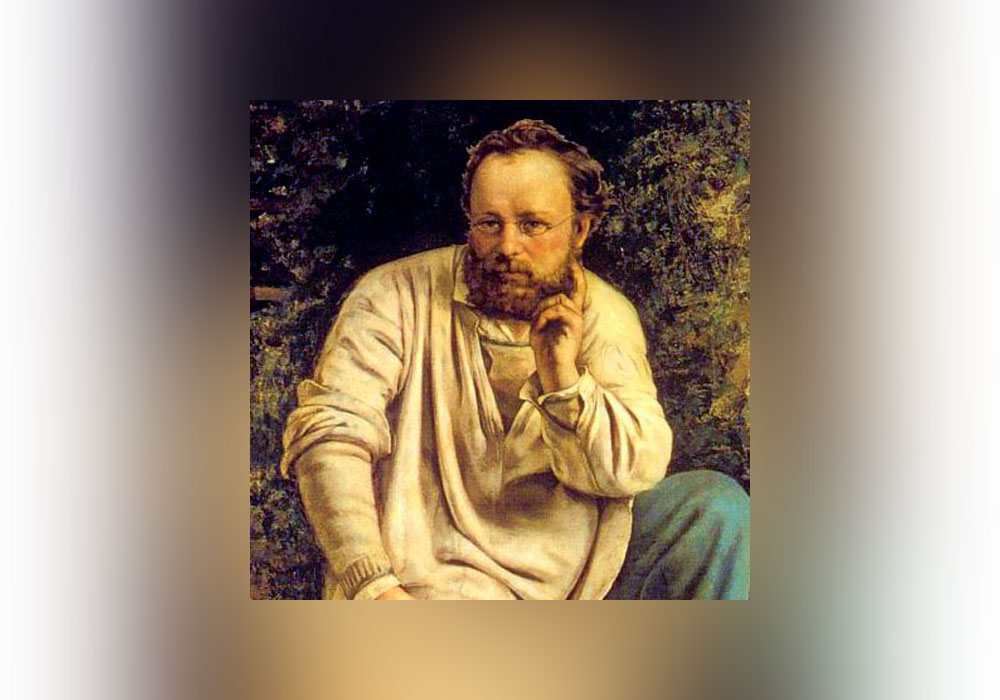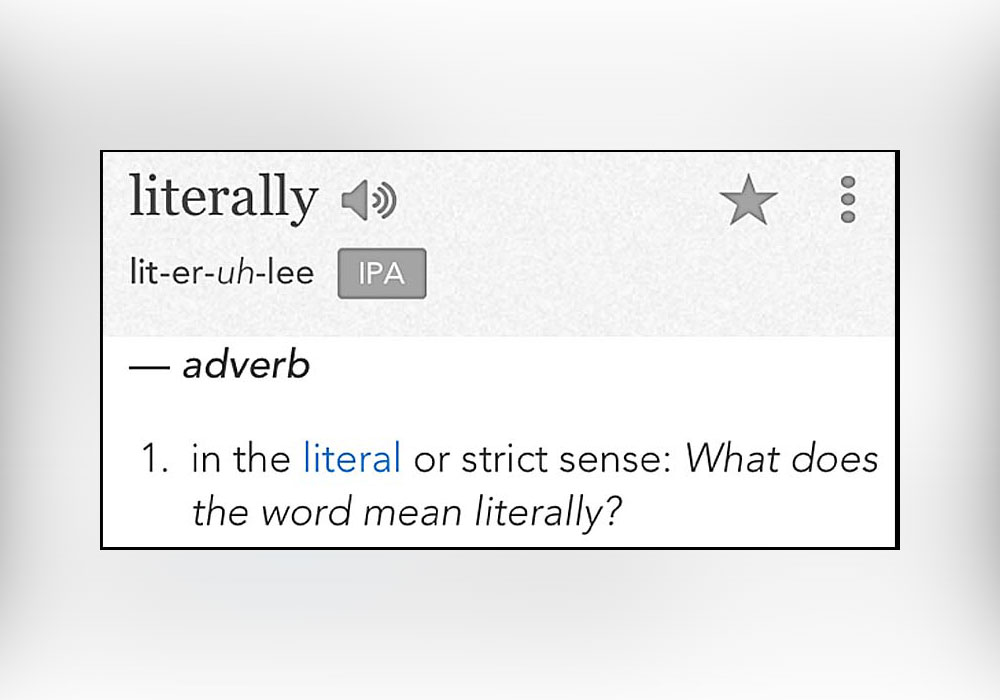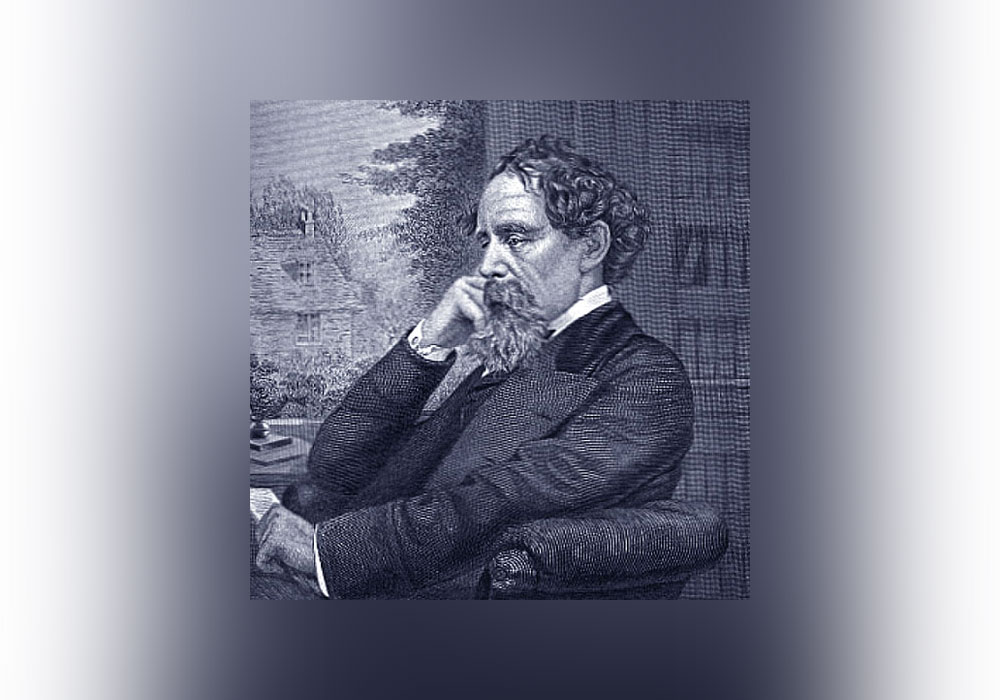Is Text Messaging Ruining English?
With every generation come cries that teenagers are destroying the language with their newfangled slang. The current grievance harps on the way casual language used in texts and instant messages inhibits kids from understanding how to write and speak “properly.” While amateur language lovers might think this argument makes sense, experts say this is not at all the case. In fact, linguists say teenagers, far …










